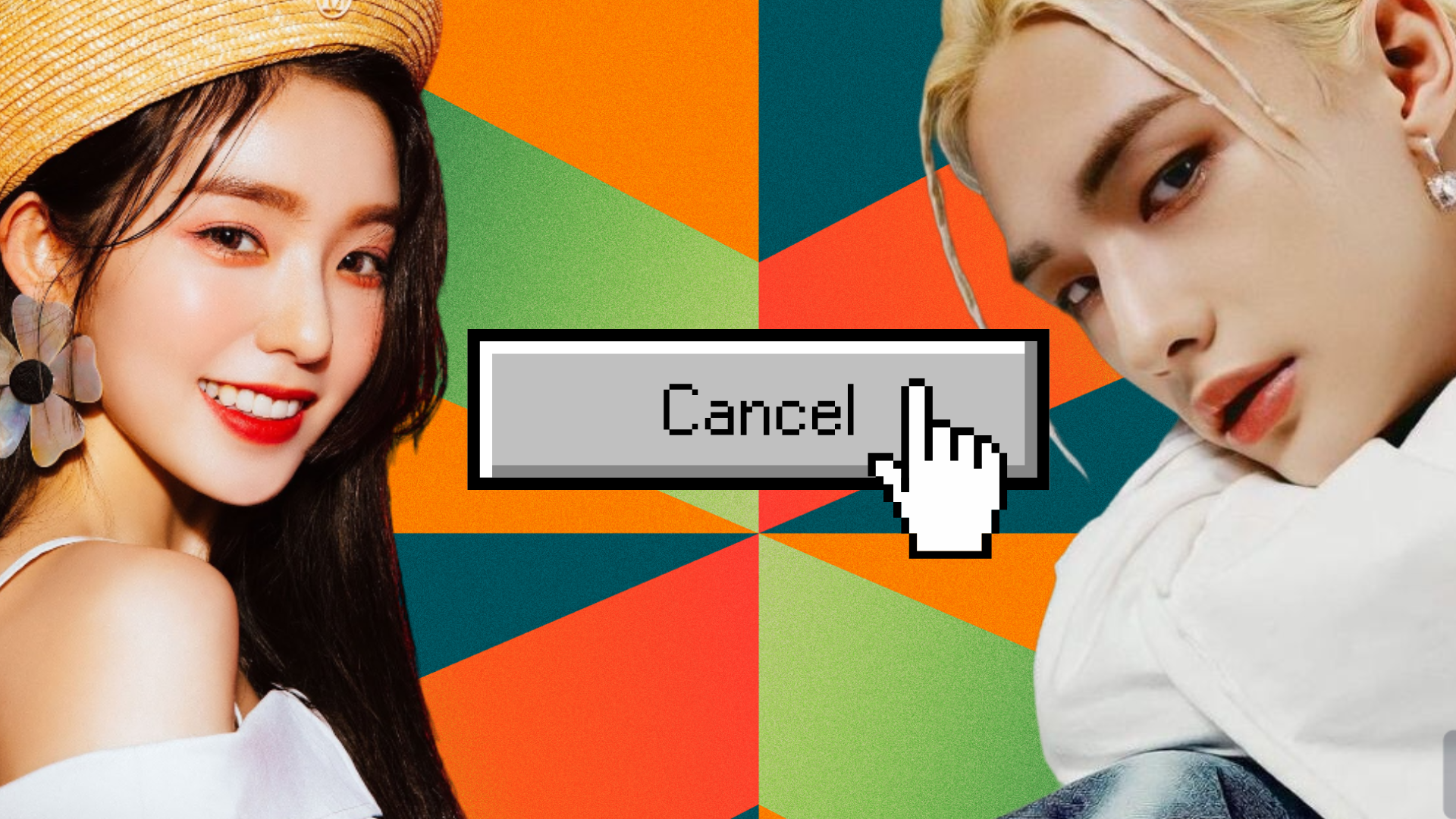Cancel Culture in K-Pop: A Look at Its Impact
Cancel culture has been a prevalent phenomenon in the K-Pop industry, particularly in recent years. It involves fans and netizens expressing their dissatisfaction with a celebrity’s behavior or actions and calling for their removal or boycotting from the industry. The severity of cancel culture can vary depending on the situation, but it can have a significant impact on a celebrity’s reputation, career, and mental health. Here are four examples of cancel culture in the K-Pop industry:
Hyunjin from Stray Kids: In February 2021, a former classmate accused Hyunjin of bullying and causing mental distress. This led to a massive backlash from fans, and some called for him to leave the group. As a result, Hyunjin went on a hiatus from the group’s activities and issued a public apology.
Irene from Red Velvet: In October 2020, a stylist posted about her alleged mistreatment by Irene during a photoshoot. This sparked outrage from fans, and some called for Irene to be removed from the group. She apologized publicly for her behavior and went on a hiatus from her activities.
Jimin from BTS: In 2018, a controversy arose after a video surfaced of Jimin wearing a t-shirt that featured a picture of an atomic bomb exploding over Japan. This led to calls for him and the group to be banned from Japanese activities. Jimin apologized, and BTS’s label issued a statement, but the backlash continued.
Jay Park: In 2014, Jay Park came under fire for tweets he made several years earlier that were deemed misogynistic and offensive. This led to calls for him to be removed from TV shows and endorsement deals. He apologized and addressed the issue, but it still affected his career for a while.
Overall, cancel culture has become a significant issue in the K-Pop industry, with fans and netizens using their voices to demand accountability and change from public figures. While this can sometimes lead to positive outcomes, it can also be harmful and oppressive, and it’s essential to approach these situations with empathy and critical thinking.



